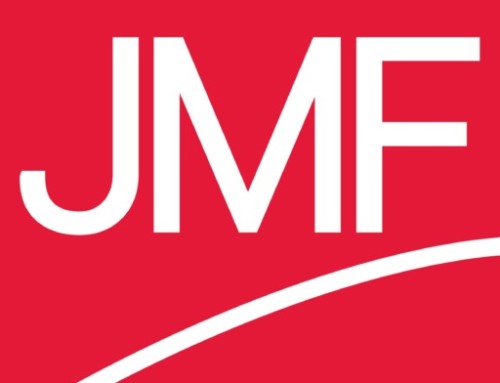If your business is starting to emerge from this year’s slumber, you may be inclined to acquire new equipment or other assets to help generate more income. In addition to the Section 179 allowance, which allows your business to expense up to $1.04 million of the cost of assets placed in service in 2020 (subject to certain limitations), your operation may benefit from “bonus depreciation.”
The Tax Cuts and Jobs Act (TCJA) recently enhanced this tax break. However, the benefits are being gradually phased out in the near future.
Background: Prior to the TCJA, a business could claim a first-year bonus depreciation deduction equal to 50% of the cost of new qualified property placed in service. The deduction was added onto the amount expensed under Section 179.
Bonus depreciation was available for assets like computers, vehicles, off-the-shelf software, machinery and equipment, office furniture and other depreciable property with a cost recovery period of 20 years or less under the Modified Accelerated Cost Recovery System (MACRS). But “used” property did not qualify for the deduction
Furthermore, a business was able to claim 50% bonus depreciation for “qualified improvement property” (QIP) of a building. The definition of QIP excludes costs for the enlargement of a building, elevators and escalators and a building’s internal structural framework.
Tax update: The TCJA doubled first-year bonus depreciation to 100% for qualified property placed in service after September 27, 2017 and before January 1, 2023. This deduction is scheduled to be phased out as follows:
• 80% in 2023;
• 60% in 2024;
• 40% in 2025; and
• 20% in 2026.
After 2026, no bonus depreciation is allowed after 2026, absent further action by Congress.
Significantly, the TCJA also expanded the definition of qualified property eligible for bonus depreciation to include used property. Previously, only new property qualified.
Finally, note that a change in the new Coronavirus Aid, Relief and Economic Security (CARES) Act fixes a glitch in the TCJA. The CARES Act establishes that QIP has a cost recovery period of 15 years so it now qualifies for bonus depreciation. (See more CARES Act information on the JMF COVID19 Tax Resource Page.) This change, which has been called for since the enactment of the TCJA and is retroactive to 2018, reflects the original intent of Congress to allow bonus depreciation for QIP.
Caveat: Despite the benefits, the decision to elect first-year bonus depreciation requires a thorough analysis. For instance if your business is organized as a pass-through entity—such as an S corporation, partnership or limited liability company (LLC)— the bonus depreciation deduction reduces qualified business income (QBI). In turn, this lowers the QBI deduction. Therefore, if you are entitled to a QBI deduction, consider the potential tax impact of bonus depreciation.
Also, it may be advantageous for a business to “elect out” of bonus depreciation in a year when it has expiring net operating loss (NOL) carryovers or expiring credit carryovers that it cannot use if taxable income is reduced by the bonus depreciation deduction.
Practical advice: Do not make any hasty decisions. Before you commit to acquiring expensive equipment for your business, discuss all the ramifications with your professional tax advisor.







Leave A Comment
You must be logged in to post a comment.